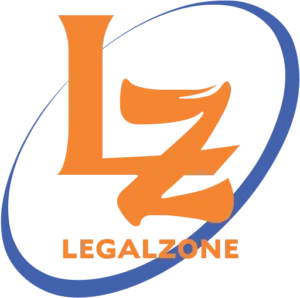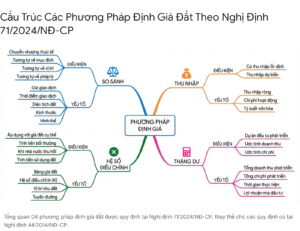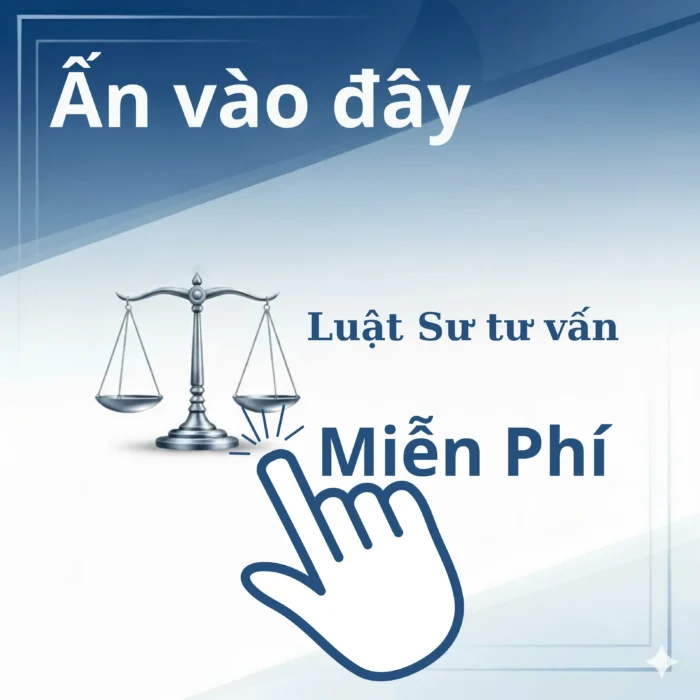Mẫu đơn yêu cầu huy động Giấy chứng nhận quyền sử dụng đất: Hướng dẫn điền mẫu đơn yêu cầu huy động Giấy chứng nhận quyền sử dụng đất.

Navigating the Intricacies of Luật in Vietnam: A Comprehensive Overview
In the vibrant landscape of Vietnam, understanding luật (law) is essential for residents and visitors alike. The country’s legal framework is profound, encompassing various domains and impacting everyday life. This article endeavors to provide a thorough understanding of Vietnam’s legal system, addressing key components, and offering insights into navigating this essential aspect of life in Vietnam.
The Foundation of Vietnam’s Legal System
Vietnam’s legal system is rooted in its historic evolution and social context. Following the economic reforms known as “Đổi Mới,” which began in the late 1980s, Vietnam experienced a significant transformation in its legal landscape. The shift towards a market economy necessitated the development of laws that could facilitate business operations while protecting stakeholders’ rights.
The Constitution of Vietnam, enacted in 2013, serves as the supreme law of the land. It outlines the fundamental principles governing the state, the rights of citizens, and the duties of governmental entities. Understanding the Constitution is crucial for anyone seeking to comprehend the overarching legal framework that guides various laws and regulations in the country.
Major Branches of Luật in Vietnam
Vietnam’s legal system is categorized into several branches, each addressing specific areas of life and society. Key branches include:
-
Civil Law: This involves legal matters between individuals, including contracts, property rights, and family law. The Civil Code of 2015 serves as the primary legislation governing civil relationships.
-
Criminal Law: This branch deals with crimes and penalties. The Penal Code establishes the framework for criminal offenses and the associated punishments.
-
Administrative Law: This encompasses regulations governing the actions of government agencies. Administrative procedures and citizen rights in dealings with the government fall under this category.
-
Commercial Law: This pertains to business operations and regulations affecting commerce and trade. The Commercial Law of 2005 is critical for both domestic and foreign enterprises.
-
Labor Law: Protecting the rights of workers and employers, labor law in Vietnam is governed by the Labor Code, which outlines wages, working conditions, and labor rights.
-
Environmental Law: As Vietnam prioritizes sustainable development, environmental laws regulate matters concerning natural resources, pollution control, and conservation efforts.
Understanding the Role of the Judiciary
The judiciary in Vietnam operates under the principles of socialism as enshrined in the Constitution. The system comprises various levels of courts, including:
-
People’s Courts: These are the primary courts handling civil and criminal cases and are organized at different levels—from district to supreme.
-
Supreme People’s Court: This is the highest court, responsible for ensuring uniformity in the application of laws and overseeing judicial decisions.
The judiciary’s role is not merely to adjudicate cases but also to protect the rights of individuals and maintain social order. Consequently, understanding how to navigate this system is crucial for anyone looking to resolve legal issues in Vietnam.
Real-Life Applications of Luật
Everyday interactions in Vietnam can be significantly influenced by luật. For instance, whether you are starting a business, signing a lease, or even getting married, legal awareness promotes smoother transactions and helps you avoid potential pitfalls.
-
Starting a Business: Entrepreneurs must understand the requirements for company registration, tax obligations, and compliance with labor laws. Engaging a knowledgeable legal advisor can facilitate this process and ensure that businesses adhere to the legal framework.
-
Real Estate Transactions: The real estate market in Vietnam has seen substantial growth, drawing both local and foreign investors. Understanding property laws, ownership rights, and zoning regulations is vital for making informed investment decisions.
-
Labor Rights: With a diverse workforce, it is essential for both employees and employers to comprehend labor laws. Issues such as contract terms, wages, and dispute resolutions often require legal input to ensure compliance and fairness.
Challenges Within the Luật System
While Vietnam has made strides in developing its legal system, challenges persist. Issues such as bureaucratic inefficiency, lack of legal awareness among the public, and corruption can hinder the effective application of laws.
For example, many individuals are unaware of their legal rights and available resources for recourse. This gap in understanding can lead to exploitation or disputes that could otherwise have been avoided. Efforts are being made to improve legal literacy through community programs and educational initiatives.
Resources for Legal Assistance
For those seeking clarifications or assistance within the realm of luật, various resources are available:
-
Legal Firms: Numerous legal firms in Vietnam specialize in different fields of law. Consulting with professionals for legal advice is advisable to navigate specific legal challenges.
-
Government Websites: Official government sites often provide legal information and resources, helping citizens understand current laws and regulations.
-
Legal Aid Organizations: Non-profit bodies aim to support individuals who cannot afford legal representation, helping to ensure that justice is accessible to all.
Conclusion
Navigating the complexities of luật in Vietnam is a crucial endeavor for anyone residing in or visiting the country. From understanding the foundational elements of the legal system to recognizing the importance of various legal branches, gaining insight into Vietnam’s legal framework empowers individuals to make informed decisions.
As the Vietnamese legal landscape continues to evolve, staying updated on legal matters and resources is essential. Whether you are a local citizen, an expatriate, or a traveler, developing an understanding of luật in Vietnam can ease interactions within this dynamic environment and pave the way for smoother experiences in various aspects of life.
For further information on Vietnamese laws and regulations, resources, and legal services, consider exploring this link for comprehensive support tailored to your needs.









